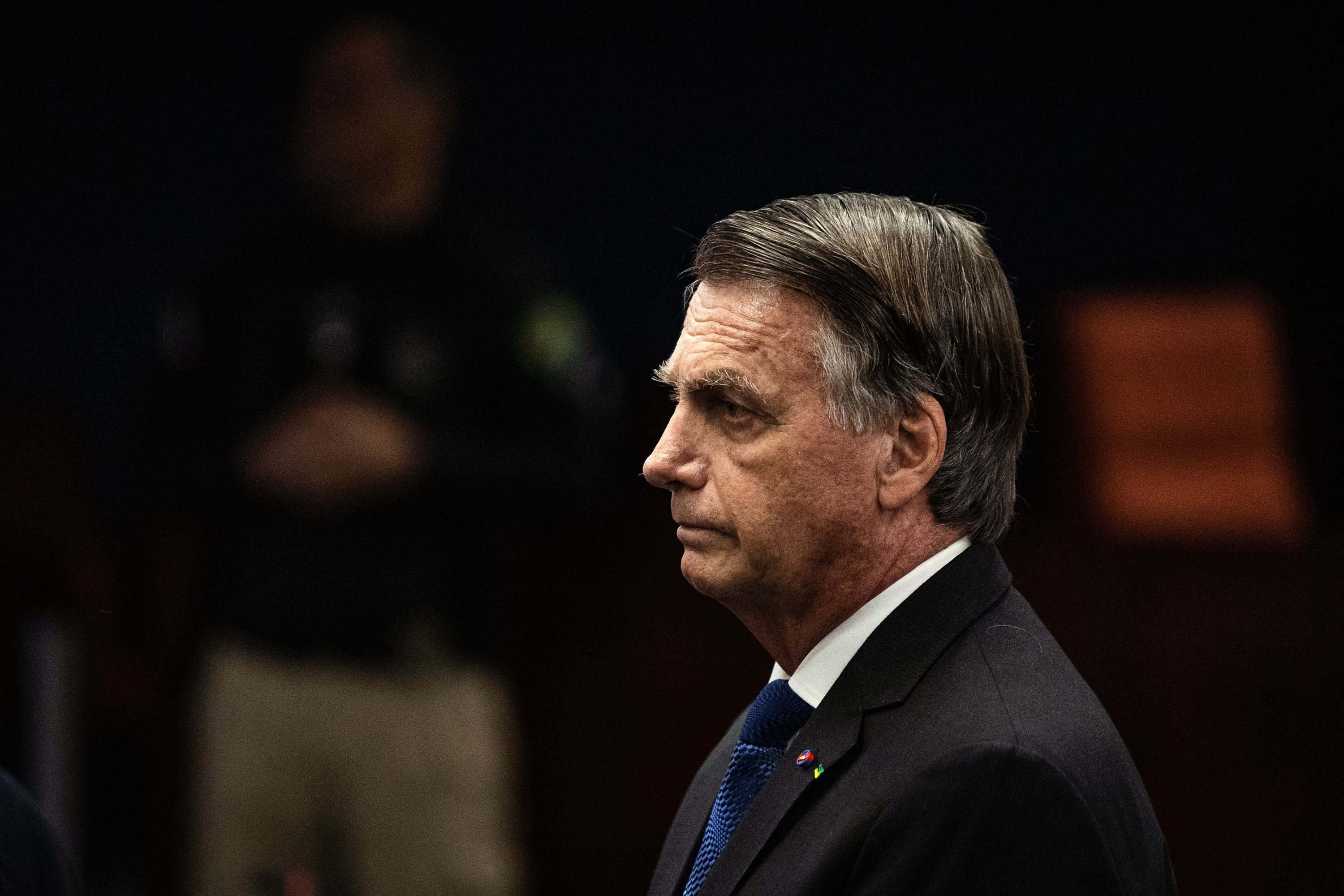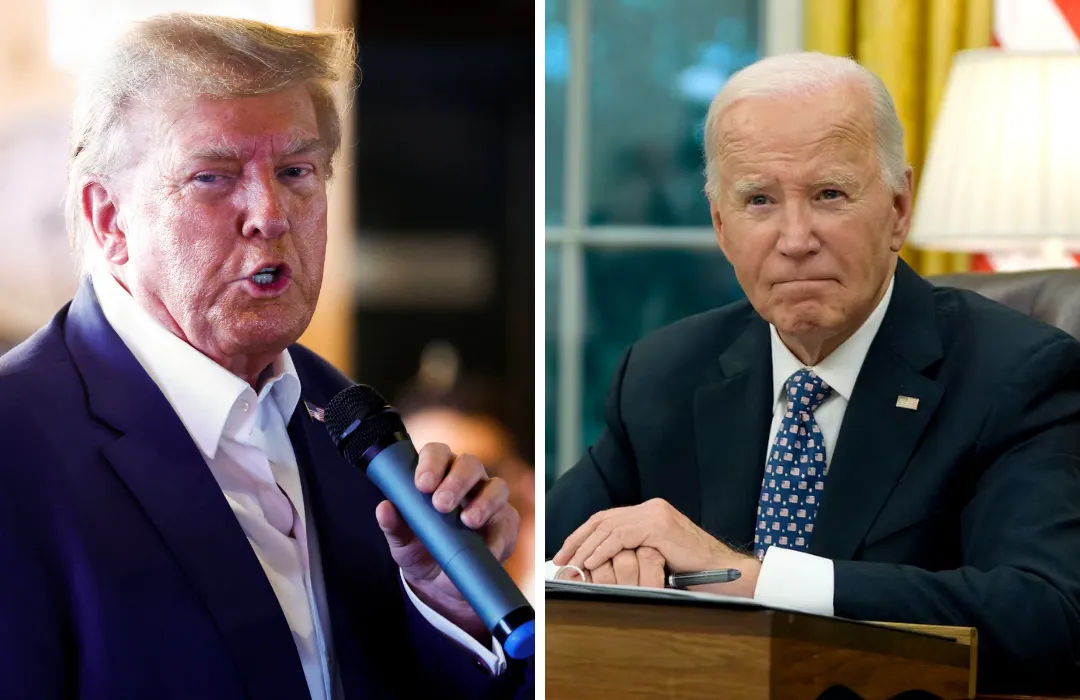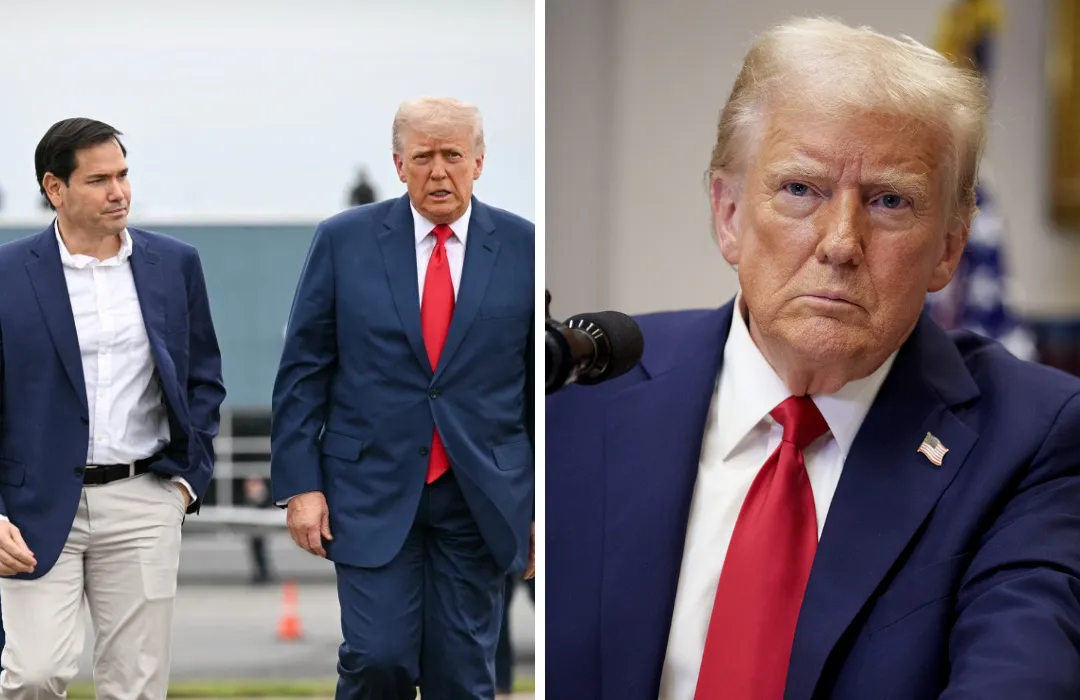The political world was shaken with the announcement that former Brazilian President Jair Bolsonaro has been sentenced to 27 years in prison on charges of plotting a coup.
At 70 years old, Bolsonaro now faces what may amount to a life sentence, a ruling that has sent shockwaves through Brazil and reverberated across the globe.
The sentencing, delivered by Brazil’s Supreme Court, immediately ignited debates over democracy, judicial power, and political persecution.
Bolsonaro’s supporters have described the decision as an unjust attack on a leader who still commands deep loyalty among millions of Brazilians. His critics insist the ruling is a long-awaited measure of accountability for a man they accuse of undermining democratic institutions.
The ruling came after months of investigations into Bolsonaro’s alleged involvement in plans to overturn the results of Brazil’s most recent presidential election.
According to the court, Bolsonaro and his allies plotted to prevent the peaceful transfer of power following his defeat, a scheme that authorities claim would have undermined Brazil’s democratic framework.
Justice Alexandre de Moraes, a controversial figure on Brazil’s Supreme Court, played a central role in the proceedings. Moraes argued that the evidence against Bolsonaro demonstrated a clear attempt to destabilize the nation. The sentence, he asserted, was necessary to safeguard democracy.
Yet Moraes himself has long been a polarizing presence. His critics accuse him of wielding unchecked power and weaponizing the judiciary against political opponents. For Bolsonaro’s allies, this sentencing represents not justice but persecution.
Though Bolsonaro himself has remained largely silent since the ruling, his lawyers have vowed to appeal, calling the process a sham.
“This is not about justice, it is about silencing the opposition,” one of his attorneys declared outside the courthouse. They argue that the case against him was built on speculation, political animosity, and selective enforcement of laws.
Family members of the former president have also spoken out, describing him as a victim of a vendetta. “My father is being punished for standing up for the Brazilian people,” said one of Bolsonaro’s sons, who is active in politics himself.
The ruling has not remained a domestic issue. U.S. Senator Marco Rubio of Florida condemned the sentencing in strong terms. “The United States will respond accordingly to this witch hunt,” Rubio said in a statement, warning that Brazil risks international isolation if it continues down this path.
Rubio accused Justice de Moraes and other members of Brazil’s judiciary of engaging in political persecution. “The political persecutions by sanctioned human rights abuser Alexandre de Moraes continue, as he and others on Brazil’s Supreme Court have unjustly ruled to imprison former President Jair Bolsonaro,” Rubio charged.
Other international voices echoed similar concerns, with some leaders warning that the ruling could destabilize Brazil’s fragile political environment and inflame divisions.
For many conservatives worldwide, Bolsonaro has become a symbol of resistance against what they see as authoritarian overreach masked as democratic governance.
The sentencing highlights the profound divisions within Brazilian society. Bolsonaro’s supporters, who affectionately call him “O Mito” or “The Myth,” view him as a defender of traditional values, national sovereignty, and law-and-order policies.
They credit him with reducing crime rates, resisting socialist policies, and standing firm against globalist pressures.
Critics, however, argue that Bolsonaro’s presidency was marked by reckless governance, disregard for environmental protections, and authoritarian tendencies.
They point to his handling of the COVID-19 pandemic, clashes with the judiciary, and inflammatory rhetoric as evidence of his unsuitability for leadership.
The court’s ruling is likely to deepen, rather than resolve, these divisions. Already, protests have erupted in multiple cities, with Bolsonaro supporters demanding his release and accusing the judiciary of orchestrating a political coup of its own.
At the center of this storm is Justice Alexandre de Moraes, who has become a lightning rod for criticism. Moraes has previously overseen high-profile cases against misinformation campaigns and alleged threats to Brazilian democracy.
His defenders see him as a guardian of the rule of law in an era of political extremism.
Bolsonaro’s allies, however, portray him as an unelected figure who has amassed dangerous levels of power. They argue that Moraes’s heavy-handed tactics, including censorship of political speech online, amount to an erosion of fundamental freedoms.
By leading the charge against Bolsonaro, Moraes has become both hero and villain, depending on which side of Brazil’s political divide one stands.
The sentencing of Bolsonaro carries implications that stretch far beyond Brazil’s borders. The case represents yet another chapter in the global debate over democracy, populism, and judicial independence.
For critics of populist leaders, the ruling serves as a cautionary tale of what happens when elected officials attempt to subvert democratic norms. For supporters of Bolsonaro and similar figures, it is proof of the establishment’s determination to crush dissent through any means necessary.
The United States, already grappling with its own debates over democracy and political accountability, is watching closely. Rubio’s strong words suggest that Washington may not sit idly by if it perceives Bolsonaro’s imprisonment as illegitimate.
Other Western nations, however, have so far remained cautious, with many leaders wary of being seen as interfering in Brazil’s internal affairs.
In Brazil, the immediate impact of the ruling is one of uncertainty. Bolsonaro’s supporters are organizing mass rallies, raising fears of unrest similar to the chaotic scenes seen in January 2023, when protesters stormed government buildings in Brasília. Security forces have been placed on high alert to prevent violence.
For President Luiz Inácio Lula da Silva, Bolsonaro’s longtime rival, the ruling represents both an opportunity and a challenge. On one hand, it removes his most formidable political opponent from the stage.
On the other, it risks destabilizing the country by fueling resentment among millions of Bolsonaro’s backers.
Lula has so far struck a cautious tone, calling for calm and emphasizing the importance of respecting the judicial process. Yet even within his own coalition, there are concerns that the ruling could backfire, transforming Bolsonaro into a martyr.
As Bolsonaro prepares to appeal his sentence, the path forward remains uncertain. Legal experts predict a lengthy battle that could keep the case in the headlines for months, if not years. In the meantime, the former president’s imprisonment looms as a test of Brazil’s democratic resilience.
Will the nation rally around the principle of accountability, or will it fracture further under the weight of political polarization? Much will depend on the conduct of both Bolsonaro’s supporters and his opponents in the days to come.
At its core, the sentencing of Jair Bolsonaro is about more than one man’s fate. It is about the strength and fragility of democratic institutions in one of the world’s largest nations. Brazil’s story is being watched globally as an example of how democracies handle leaders accused of subverting the system.
For Bolsonaro’s detractors, the 27-year sentence is a victory for justice and a safeguard against authoritarianism. For his supporters, it is the ultimate betrayal of democracy itself—a coup carried out not by generals but by judges in black robes.
Whichever interpretation prevails, the repercussions will shape Brazil’s future for decades.
The imprisonment of Jair Bolsonaro is an event of seismic significance, one that highlights the fierce battles over democracy, power, and justice in Brazil.

With his sentencing, the nation stands at a crossroads, forced to confront questions about the balance between accountability and persecution, between law and politics.
As global leaders weigh in, as protests erupt, and as appeals are prepared, one thing is certain: the story of Jair Bolsonaro’s 27-year sentence is far from over.
Whether seen as justice served or democracy betrayed, it marks a turning point in Brazil’s history, one that will echo across borders and generations.








